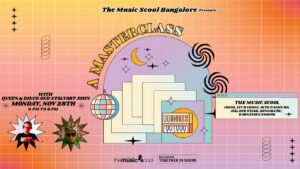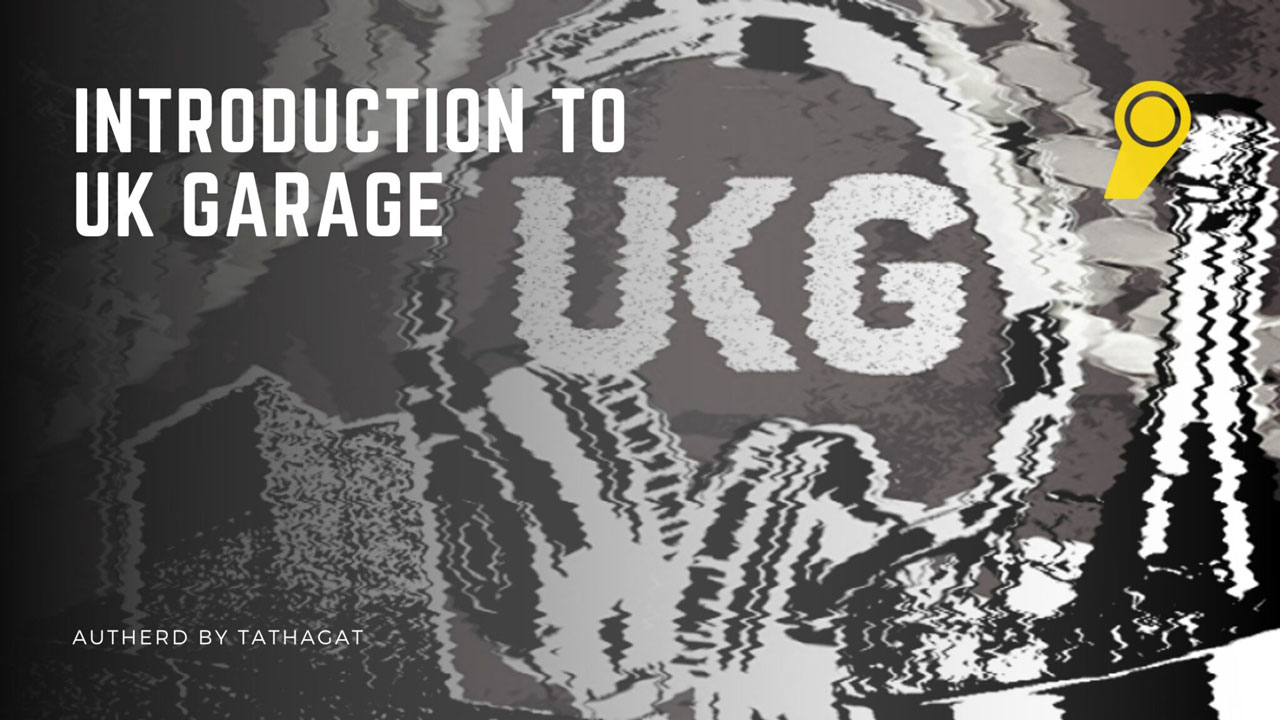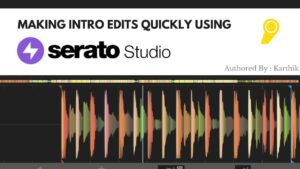
Masterclass with Queen & Disco, Stalvart
Masterclass with Queen & Disco, Stalvart November 28 @ 4:00 PM – 6:00 PM Venue: Register Now

It’s quite interesting to see that even after 20 years, the influence of the UK Garage is still very present. From its birth around 1994, British Garage has had a huge impact over urban music in the UK and then slowly spread its sound to music across the globe. It has achieved both underground and commercial success and manages to keep going in mini-cycles of pop crossover and undeground credibility.
Even so, it’s not often you hear a discussion on UK Garage. Where did it start? How did it grow? Who were the genres biggest contributors? But if you’re keen to learn a little more about UK Garage, you’ve come to the right place.
Let’s dive straight into it, then shall we?
The term “UK garage,” or “UKG” refers to a variety of electronic dance music (EDM) and urban music styles that emerged from the UK club scene in the mid-1990s. The garage house music scene, which began in New York in the late 1990s, spawned several British variants, including speed garage and 2-step, which were all renamed UK garage for clarity’s sake. Syncopated basslines and percussion, either two kick beats to a bar, or the 4/4 pattern of house music, were unifying factors in all of these forms.
UKG was usurped by newer styles, many of which it had helped create, such as dubstep, grime, and UK funky, after producing hits by artists like So Solid Crew, The Streets, and Craig David. The style did, however, make a comeback in the 2010s, thanks to new music from many of its pioneers as well as new DJs and performers.
But before we dive into what UKG has become, let’s revisit its past. Take a look at its origin story.
UK garage was a prominent musical genre in the ’90s. Here is a brief overview of its evolution:
DJs spun an eclectic mix of dance music from different genres, including pop-rock, disco, early hip-hop, and soul, at clubs like New York’s Paradise Garage, where the history of UK garage began. “Garage music” was the term for the music played there, while more disco-friendly, synth-driven tracks were referred to as “garage house” or “house music.”

Todd Edwards, a DJ from New Jersey, refined the garage sound even more with remixes that heavily featured “chopped” or manipulated vocal samples. Edwards’ remixes made their way to North London, where DJs began playing them at a faster tempo, giving birth to speed garage, an early form of UK garage.

MJ Cole and Grant Nelson experimented with the form, pushing it in new directions, while DJs like Armand van Helden created speed garage hits like his remix of the Sneaker Pimps’ “Spin Spin Sugar.” When the beat was changed to a 2/4 time signature, 2-step was born, which became popular thanks to Kelly G’s remix of Tina Moore’s “Never Gonna Let You Go,” and speed garage was born.

Continuous airplay on pirate radio stations and nightclubs catapulted 2-step and speed garage tracks, now dubbed UK garage, into the mainstream and up the charts. Producers like Armin Van Buuren and Artful Dodger, DJs like The Dream Team, and performers like Craig David, Wookie, and So Solid Crew turned the UK garage into gold in the late 1990s and early 2000s.

Listeners can hear the influence of UK garage in many modern genres and artists, including:
The darker-sounding garage of artists like Wookie and El-B would set in motion both grime and dubstep. The British version is distinguished from the heavier American version known as brostep by its sparse production and elements of dub reggae and jungle.
The popularity of dubstep was followed by variants on its core sound, including future garage, which pulls from all points on the evolutionary chart for UK garage by referencing 2-step, grime, and other inspirations. Its moniker is less of a label than an intended direction for UK garage by embracing new and old sounds.
UK funky emerged in the mid-2000s as a mash-up of UK jungle and breakbeats with African, Caribbean, and Latin influences, and gained national acclaim when Crazy Cousins’ “Do You Mind” remix was sampled by Drake’s “One Dance.” Funky Dee and Katy B, as well as Ms. Dynamite’s Top 5 single “Lights On,” are among its most vocal supporters.

With all that said, UK garage still seems to be holding on to its highly dedicated audience and is also evolving to branch out to more beautiful sounds and new sub-genres.
As part of our DJ courses & Music Production courses at Themusic’scool, we incorporate an entire class dedicated to learning and understanding different genres of music from across the globe.
Check out our range of courses at Themusic’scool. From DJ to Music Production and Visual Jockeying, pick the right course for you to start a career in electronic music.

Masterclass with Queen & Disco, Stalvart November 28 @ 4:00 PM – 6:00 PM Venue: Register Now

Our top 3 MIDI controller recommendations for VJs

Learn to make your own intro edits quickly & easily on Serato Studio.
Ready to Get Started?
Leave us your details and we’ll get in touch soon.
UPCOMING EVENTS AND SPECIAL OFFERS
GET Monthly NEWSLETTERS